Learning was centred around the book "Power" by Alex Taylor, a student from Brookby School in South Auckland. In the story, Alex outlines the various stages that electricity goes through. Students found it "crazy" to learn that power doesn't just magically appear. Instead, it is generated, stored, and distributed step by step.
Students researched the various methods used in New Zealand to generate power using renewable resources. Power generation in New Zealand relies heavily on wind, solar, hydro, and geothermal energy. Additionally, through big books and whole class discussions, students learnt how traditional methods of electricity generation around the world can harm the environment and the consequences of not making a global shift towards sustainable practices. Resources such as coal, oil, natural gas, and nuclear energy are finite and will eventually be gone.
During the class trip to visit the Wairākei Power Station, Room 8 had the opportunity to observe firsthand how steam is harnessed to produce electricity. The network of pipes was “amazing” as it resembled a maze through which the steam travelled. In the viewing room, we saw the size of the turbine blades and the force of the steam needed to push the turbines around to generate power. Steam travels through the pipes to the turbines, into the substation, to the power lines, to the metre box, and finally to outlets in our homes and classrooms. All of this happens within a 10km radius of our school. The bus was filled with enthusiastic chatter as everyone marvelled at the complex process behind something as simple as flicking a switch to turn on the lights.
Room 8 wondered what life would be like without electricity. Students tried to imagine a world with no computers, no lights, no TV, no factory made bulk selling of pens, and paper. Electricity has transformed the lives of many people globally, significantly improving our quality of life. The first major use of electricity in New Zealand occurred in Reefton in the 1800s, paving the way for widespread electrification, including black and white TVs and radios and now we use it every day for even the smallest of tasks like making a cup of milo.
While making connections to their own lives through various texts was challenging, all students concluded that "life is much cooler and better with electricity." Having access to electricity and electrical appliances that make it easier has had a positive impact on our everyday lives, and we wouldn’t want to be without it.
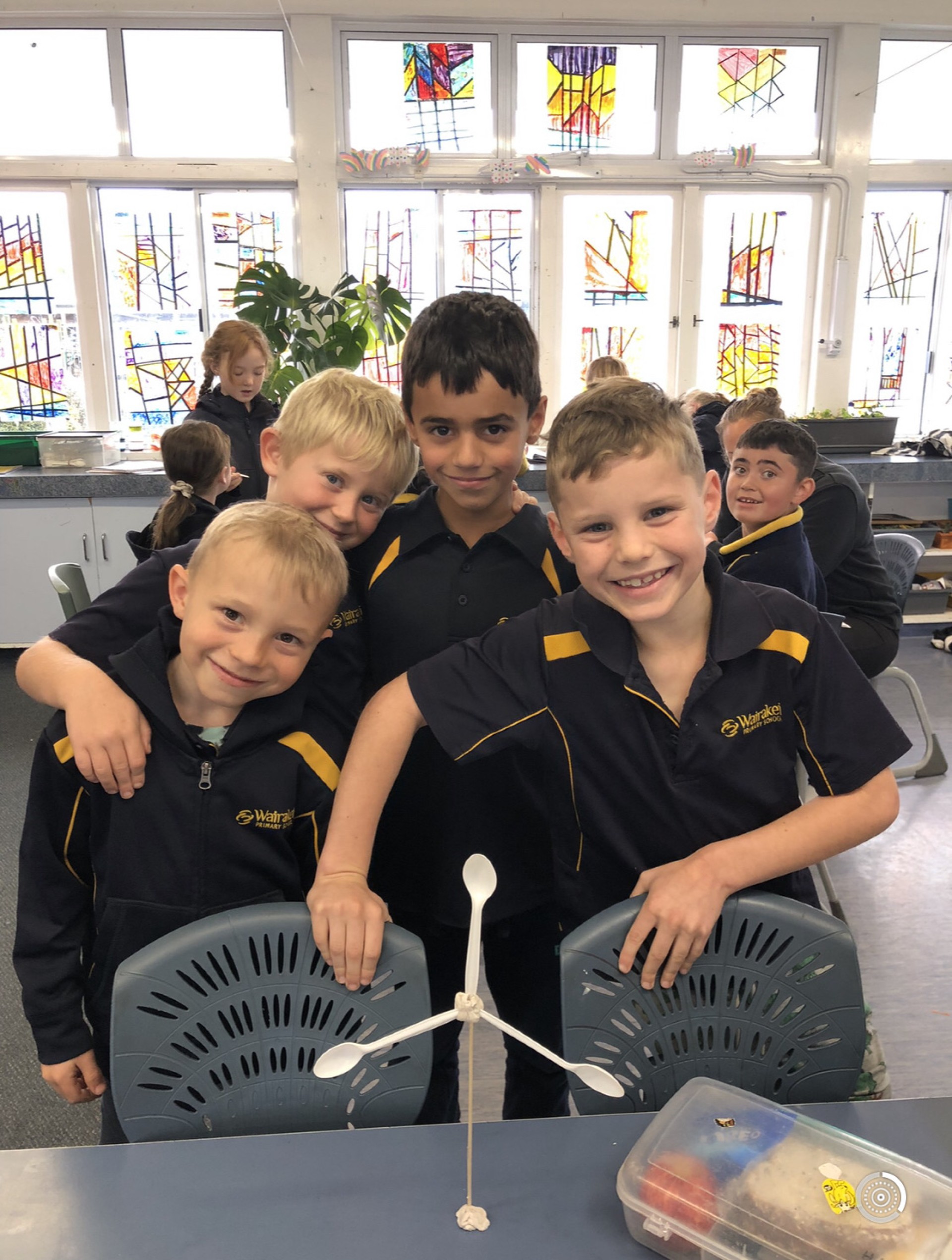
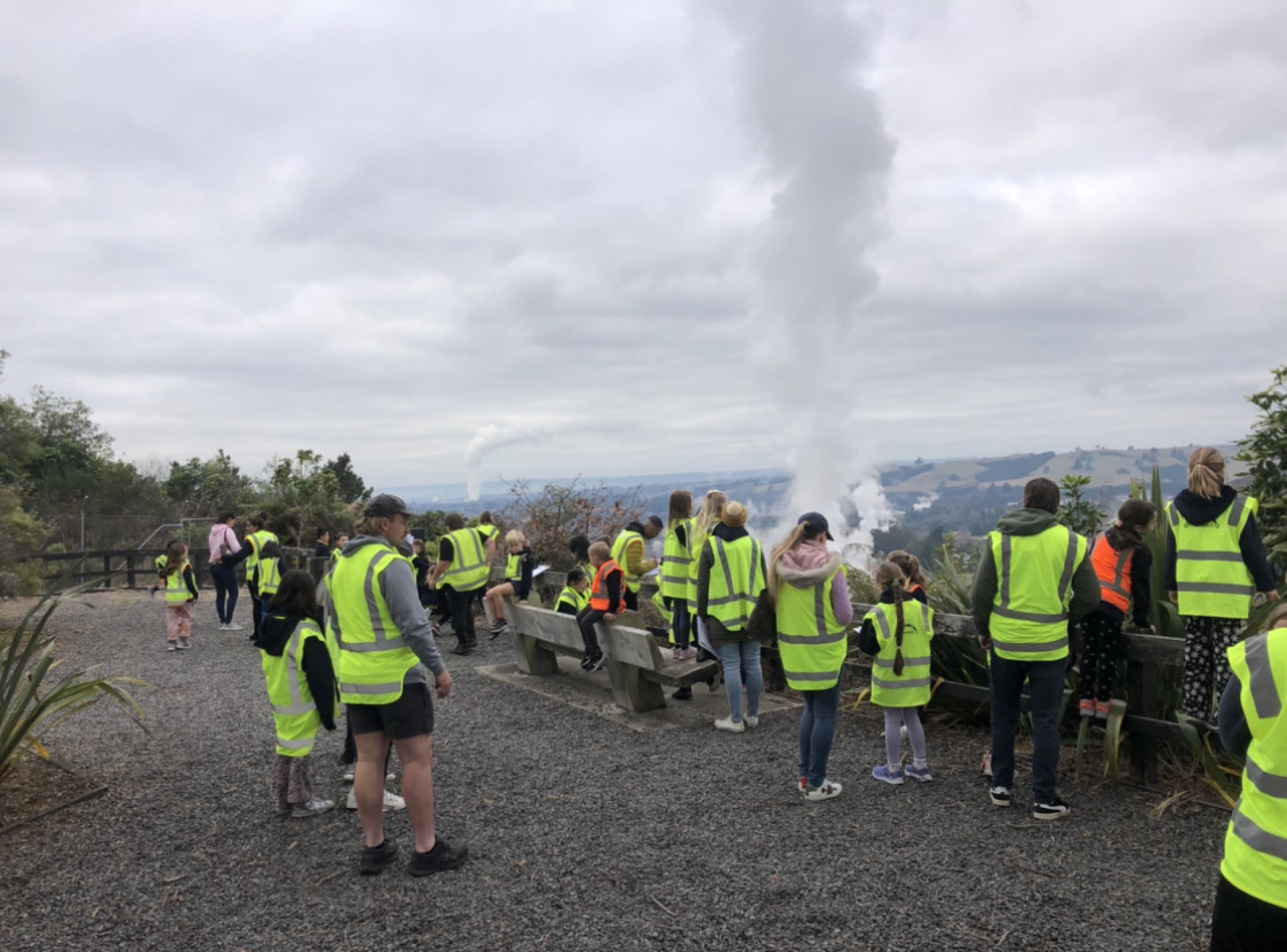
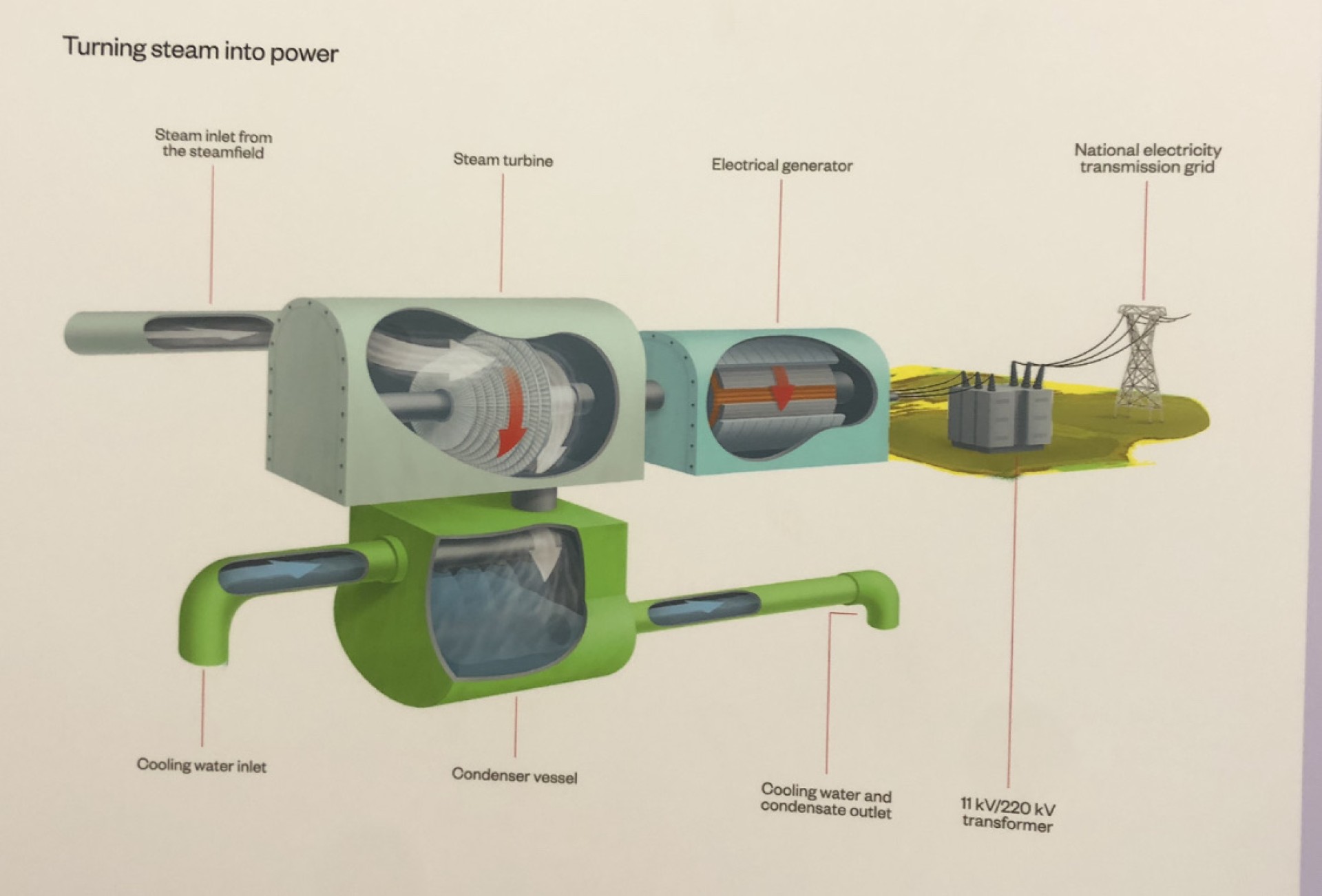
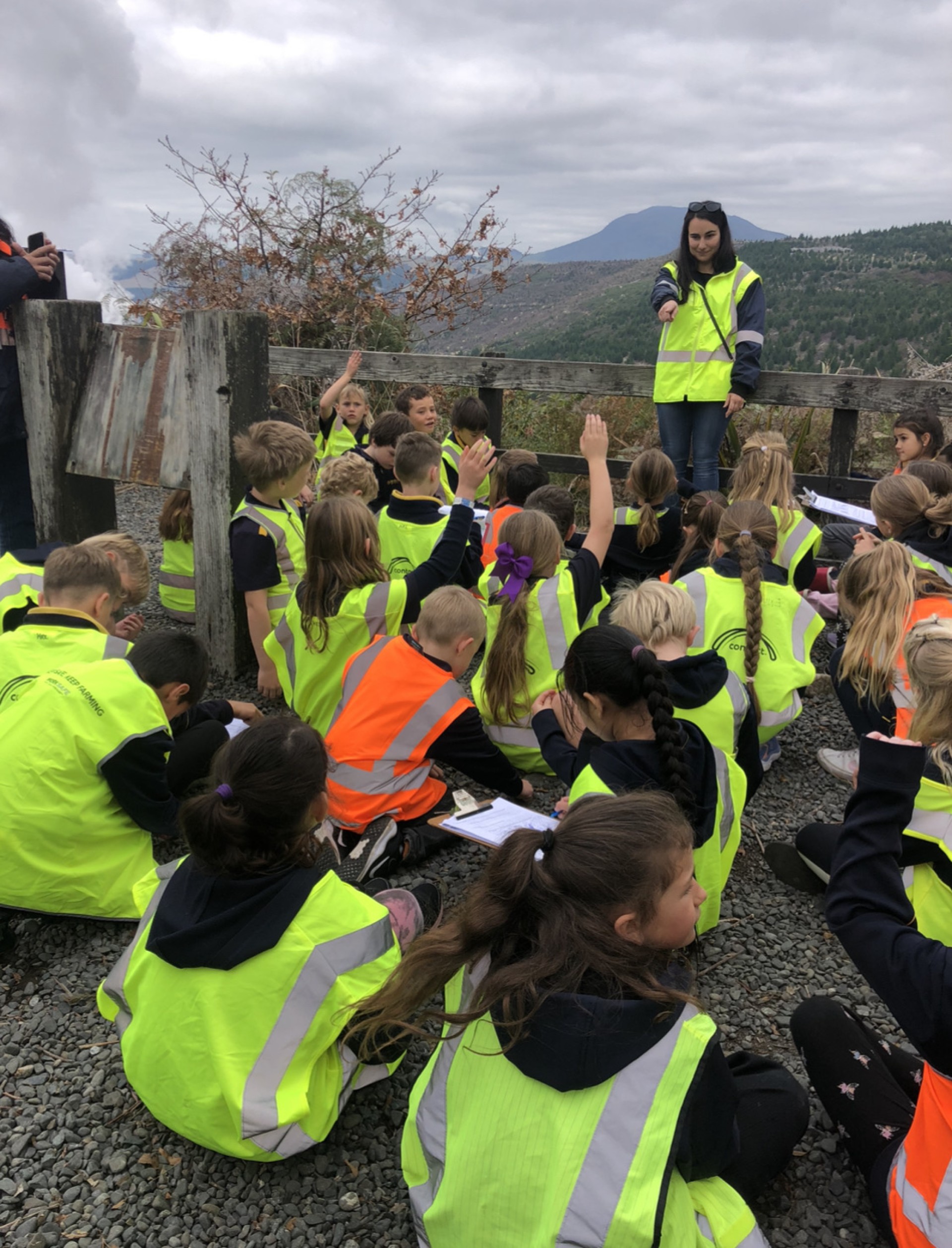
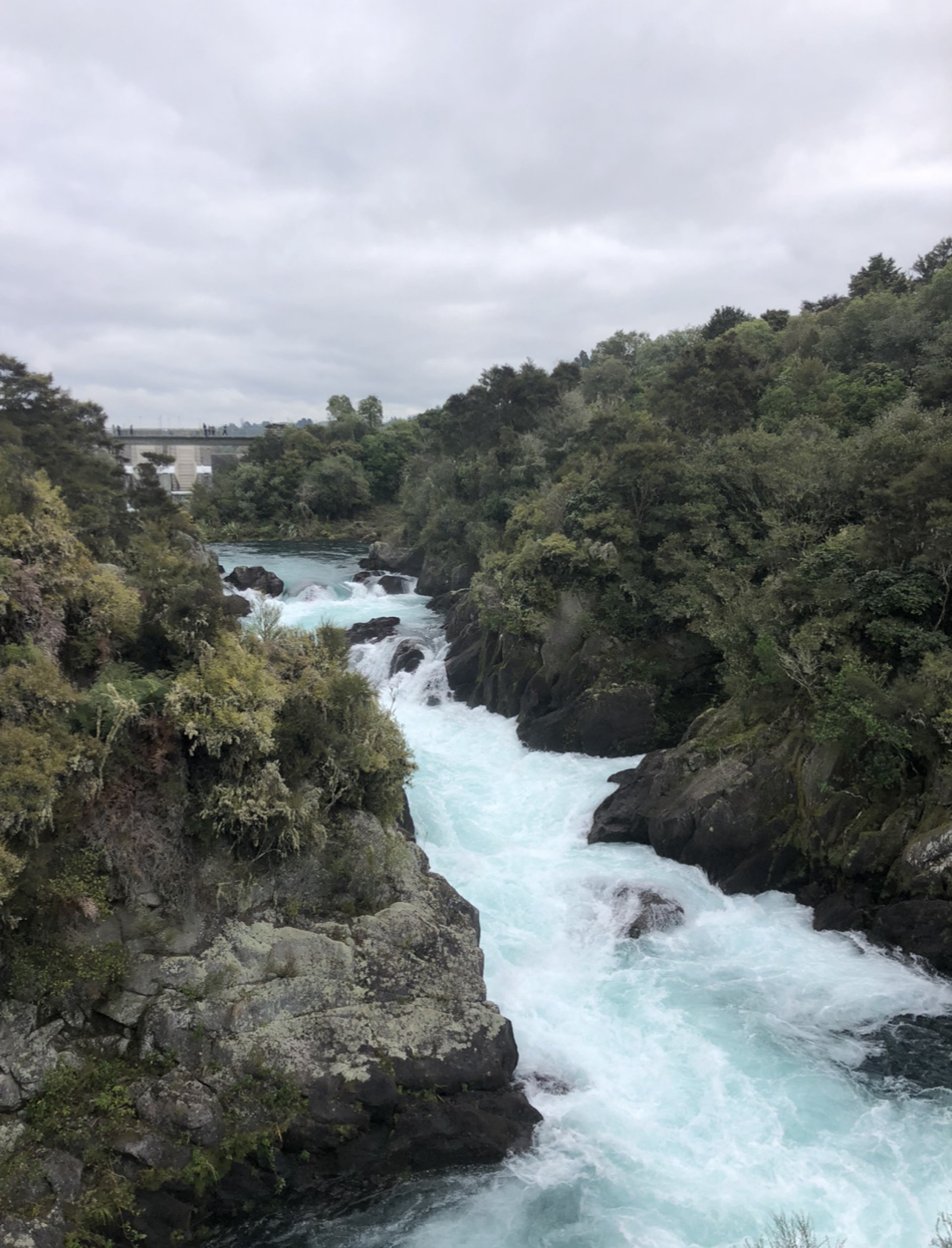
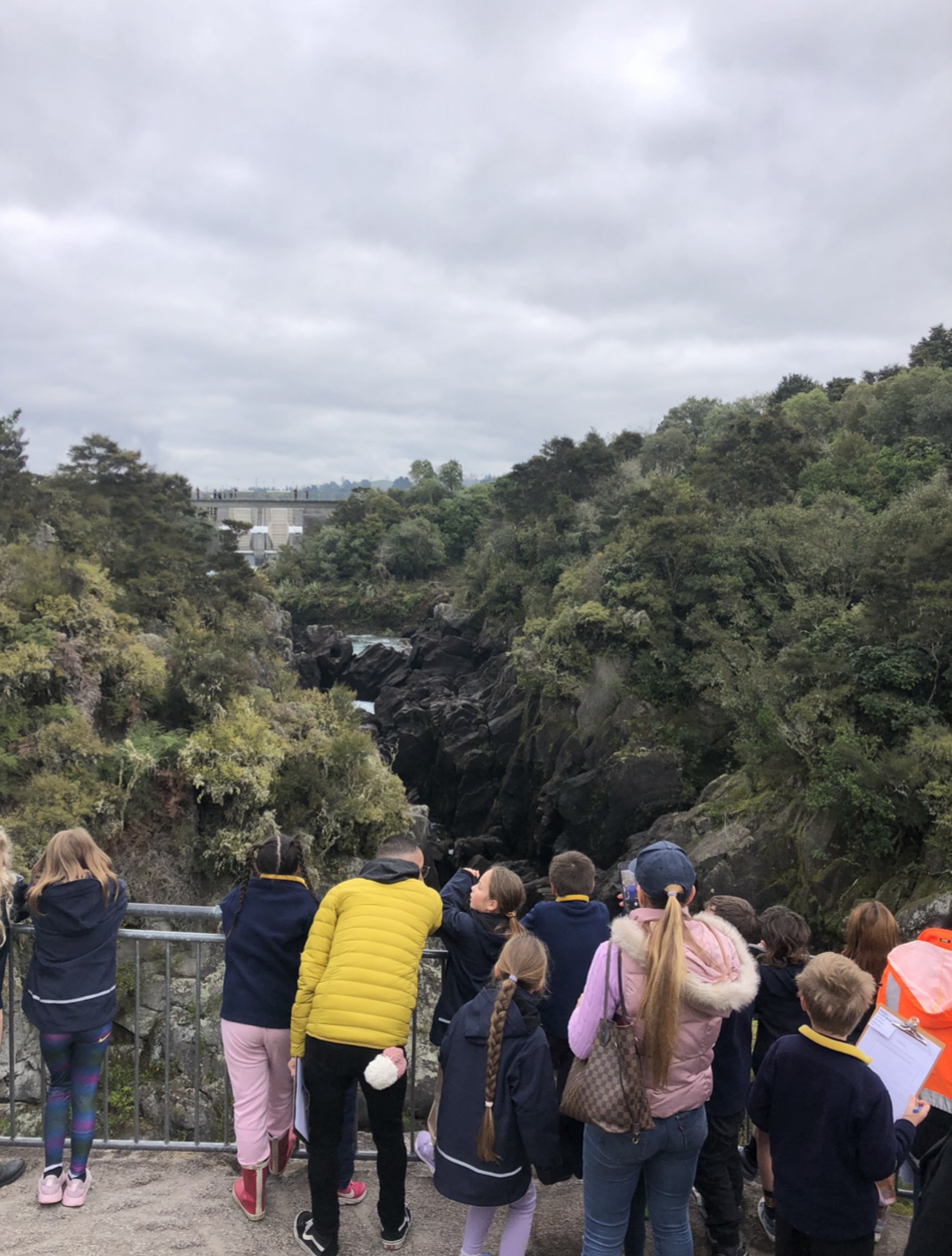
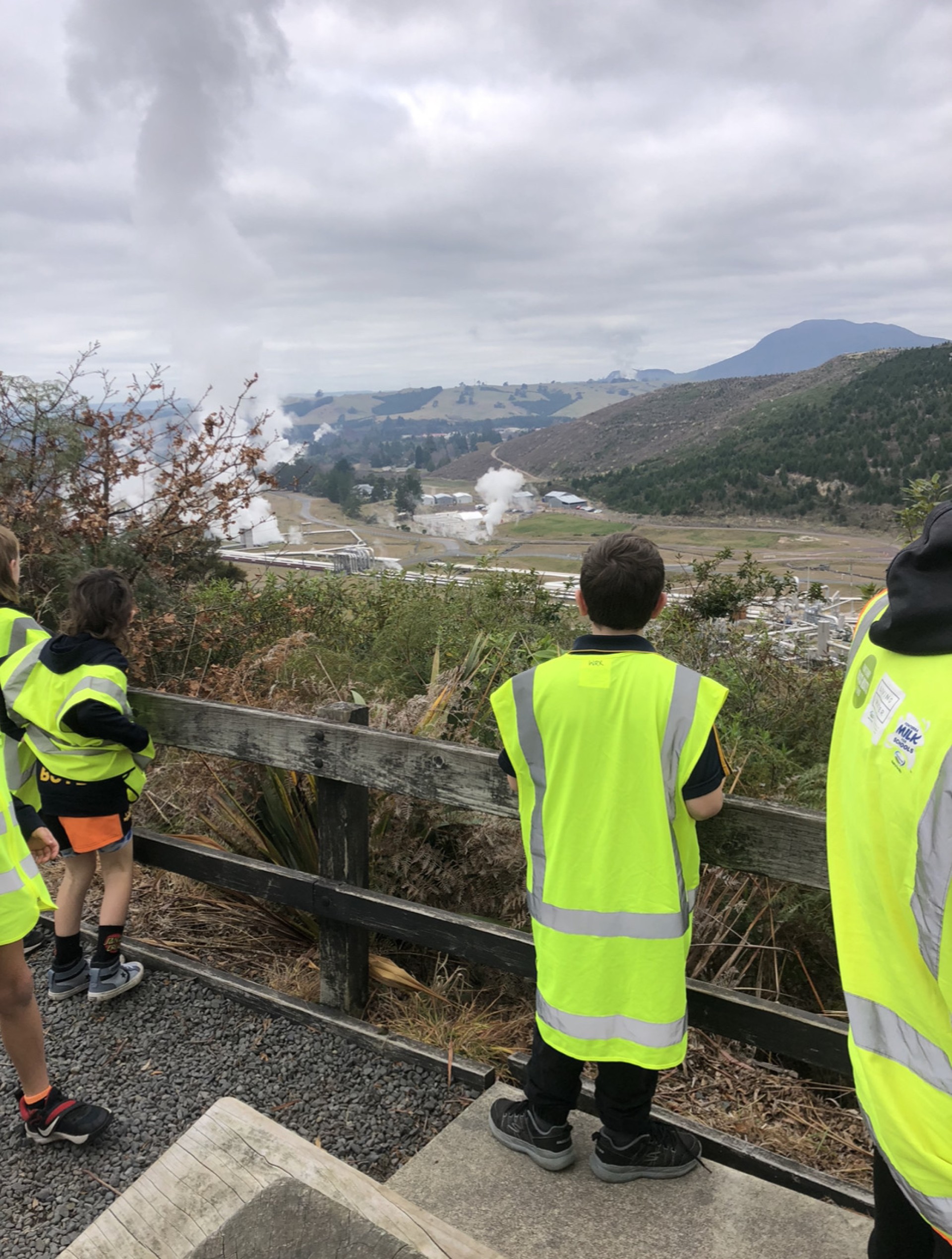
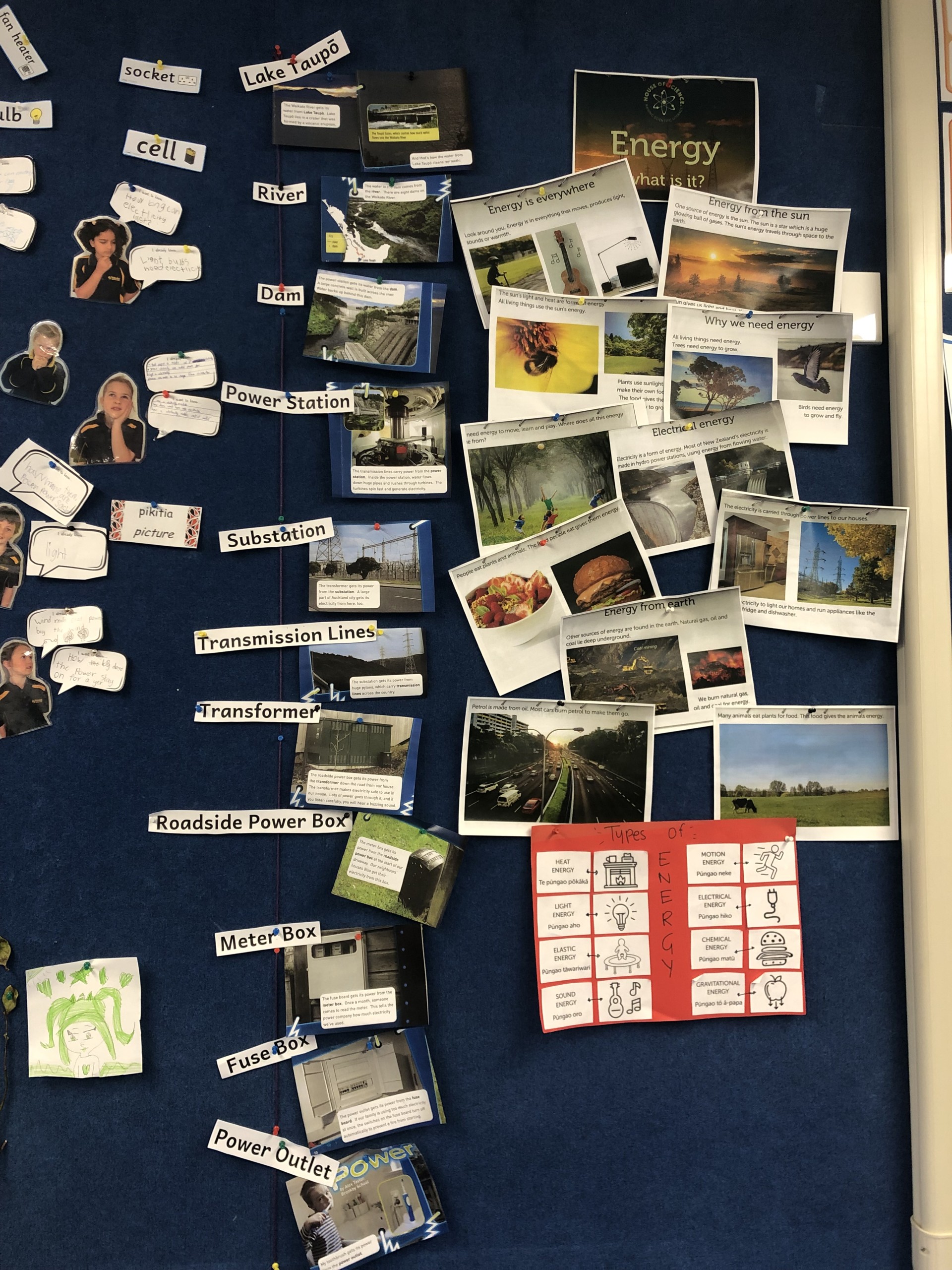
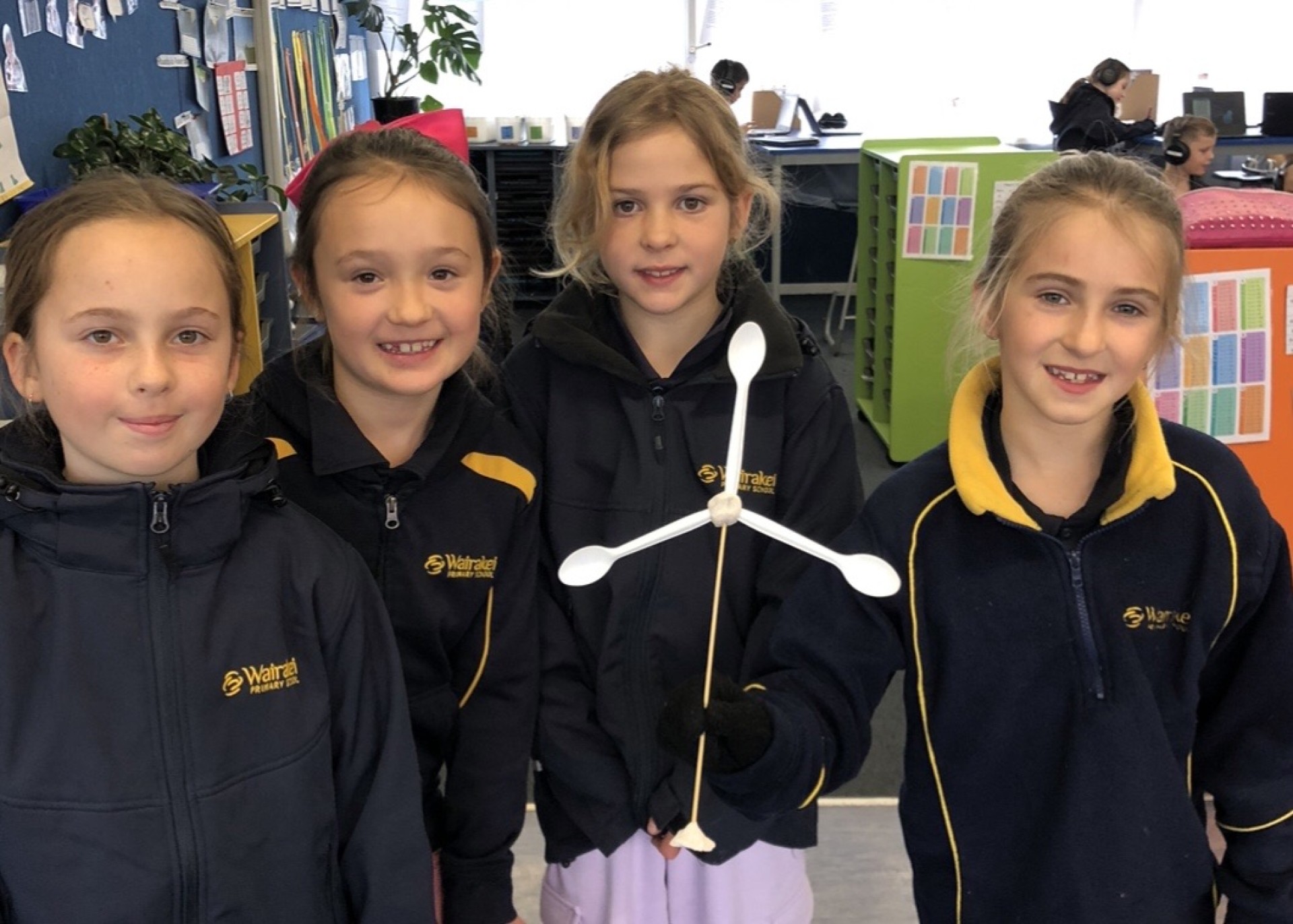

Comments
No one has commented on this post yet.